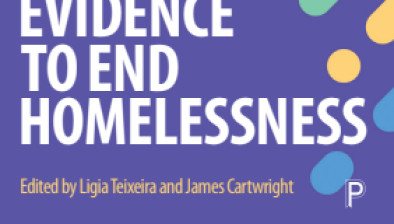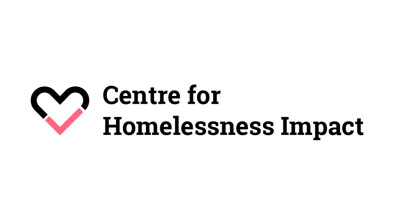What Works Community pilot launched to help local authorities better address homelessness
East Ayrshire Council is to participate in a pilot initiative by the Centre for Homelessness Impact (CHI) to address the urgent need for lasting reductions in homelessness at a local level.

The eight-month ‘What Works Community’ pilot will see the Scottish local authority helped to improve its use of evidence and data to achieve breakthrough results.
Pembrokeshire Council in Wales and Southend-On-Sea Borough Council in England have also been invited to participate.
While it is the responsibility of local authorities to respond to and tackle homelessness at a local level, CHI said they are working very hard across to support those most in need in the face of significant challenges such as:
- limited resources and having to do more with less,
- a lack of breathing space for longer-term, strategic thinking due to constant firefighting,
- driving forward new modes of leadership within complex public networks and organisations.
While there is no magic formula for ending homelessness, CHI said it knows that better use of data and evidence can help address all of them, and that growing capacity within local authorities will help them achieve better results.
Dr Ligia Teixeira, CEO of the Centre for Homelessness Impact, said: “The needs of local authorities are as varied as the communities they represent and we’re excited to be working with three councils who bring unique challenges to the table.
“What they all have in common is their commitment to improving the lives of their citizens and an understanding that making more effective use of data and evidence can aid them in their goals.
“They have difficult jobs to do, but we want to make them easier by helping them to be more effective. That’s why we’re excited to be partnering with some of the world’s experts in behavioural science, evaluation, data science and design to give local authorities the tools required to increase their capacity to tackle a multitude of challenges and deliver innovative solutions.”
Councillor Elena Whitham, deputy leader and cabinet member for housing and communities at East Ayrshire Council, added: “East Ayrshire Council is delighted to be working with the Centre for Homelessness Impact on this What Works Community pilot to explore the private sector as a sustainable and accessible housing option for people experiencing homelessness.
“The pilot will help East Ayrshire to achieve its rapid rehousing vision on early intervention and prevention to eradicate homelessness, exploring all tenures to ensure a settled housing option is reached for someone as quickly as possible and reducing any time spent in temporary accommodation.”
The three local authorities have been set an ‘evidence accelerator’ challenge: to increase the duration and number of successful tenancies in the private rental market to people who are homeless or at risk.
To help them respond to the challenge, experts from CHI, Johns Hopkins University, the Behavioural Insights Team, and IDEO with deep knowledge of data science and capacity building, behavioural science, evaluation, and design, have been brought together to share their skills and give the local authorities the ability to respond with new skills and capabilities.
Over a series of touchpoints including residentials, workshops, data surveys and analysis and trial sketching, this pilot programme intends to support local areas to see more sustainable reductions in homelessness through:
- becoming evidence and data driven,
- more effectively prioritising resources and efforts,
- embracing a culture of collaboration and continuous learning,
- nurturing strong, visionary leaders to collaborate across silos.
At the end of the pilot, the three local authority teams will pitch their solutions, share their experiences and plan with leadership and others to operationalise their initiative.
Throughout the programme, CHI will co-develop material to inform open-access tools and pioneer a new way of collaborative, data-driven and person-centred working: building the wider What Works Community of practice. This will encourage a learning culture at scale and build a community to facilitate learning between areas.
CHI intends to nurture ideas from that community and build a pipeline of locally-designed trials that everyone will benefit from. Longer-term, CHI will explore other themes with more areas in order to build knowledge of what works and capacity for using evidence and data at scale.
To know more about plans for the pilot or wider Community of Practice, please email wwcommunity@homelessnessimpact.org.







